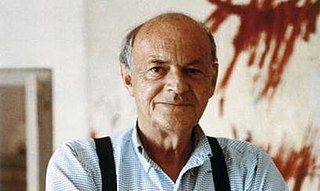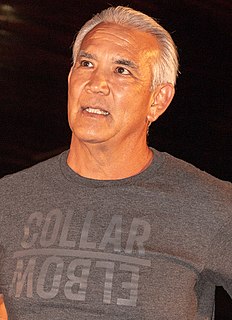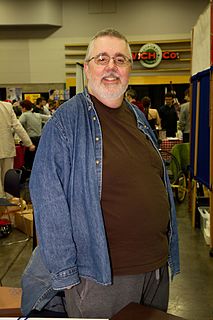A Quote by Philip Guston
Then you learn about composition, you learn about old masters, you form certain ideas about structure. But the inhuman activity of trying to make some kind of jump or leap, where , the painting is always saying, 'What do you want from me? I can only be a painting.' You have to go from part to part, but you shouldn't see yourself go from part to part, that's the whole point.
Related Quotes
Pain is part of how I get inspiration and part of how I gain wisdom on life. I guess the point I'm trying to make is that I don't transform it, I just let it be. I kind of let it move through me, let it consume me and I let it take me over and hurt me, and I let it go away when it's ready to go away and I understand that it's just part of the process.
I sit for two or three hours and then in 15 minutes I can do a painting, but that's part of it. You have to get ready and decide to jump up and do it; you build yourself up psychologically, and so painting has no time for brush. Brush is boring, you give it and all of a sudden it's dry, you have to go. Before you cut the thought, you know?
If you can channel the best part of you that is bigger than yourself, where it’s not about your ego and not about getting ahead, then you can have fun and you aren’t jealous of others. You see other people's talent as another branch of your own. You can keep it rooted in joy. Life is long and there are plenty of opportunities to make mistakes. The point of it all is to learn.
The reason you go to university is to be taught, is to learn how to think more clearly, to call into question the ideas that you came with and think about whether or not they are the ideas you will always want to hold. A university education at its best is a time of confusion and questioning, a time to learn how to think clearly about the values and principles that guide one's life. Of course, it's also a time to acquire the skills needed for jobs in the "real world," but the part about becoming an adult with ideals and integrity is also important.
I mean, part of the justification for art is art history, the fact that you're part of this tradition. You can't really operate outside of it. So looking for what this work is really about, if I look at Velázquez, if I look at Las Meninas or The Tapestry Weavers [1657] or something and really study it and try to figure out what that painting is really about, then I find relationships between what I'm trying to do and what he was doing.
The sad part is that all we're trying to do is not feel that underlying uneasiness. The sadder part is that we proceed in such a way that the uneasiness only gets worse. The message here is that the only way to ease our pain is to experience it fully. Learn to stay. Learn to stay with uneasiness, learn to stay with the tightening, learn to stay with the itch and urge of shenpa, so that the habitual chain reaction doesn't continue to rule our lives, and the patterns that we consider unhelpful don't keep getting stronger as the days and months and years go by.
I always talk about shooting being broken down into three things. You have to have some semblance of good form. The second part is repetition: doing things over and over again until you really develop a skillset. And then the third part is confidence. But for me, you can't have confidence without having that second part.








































